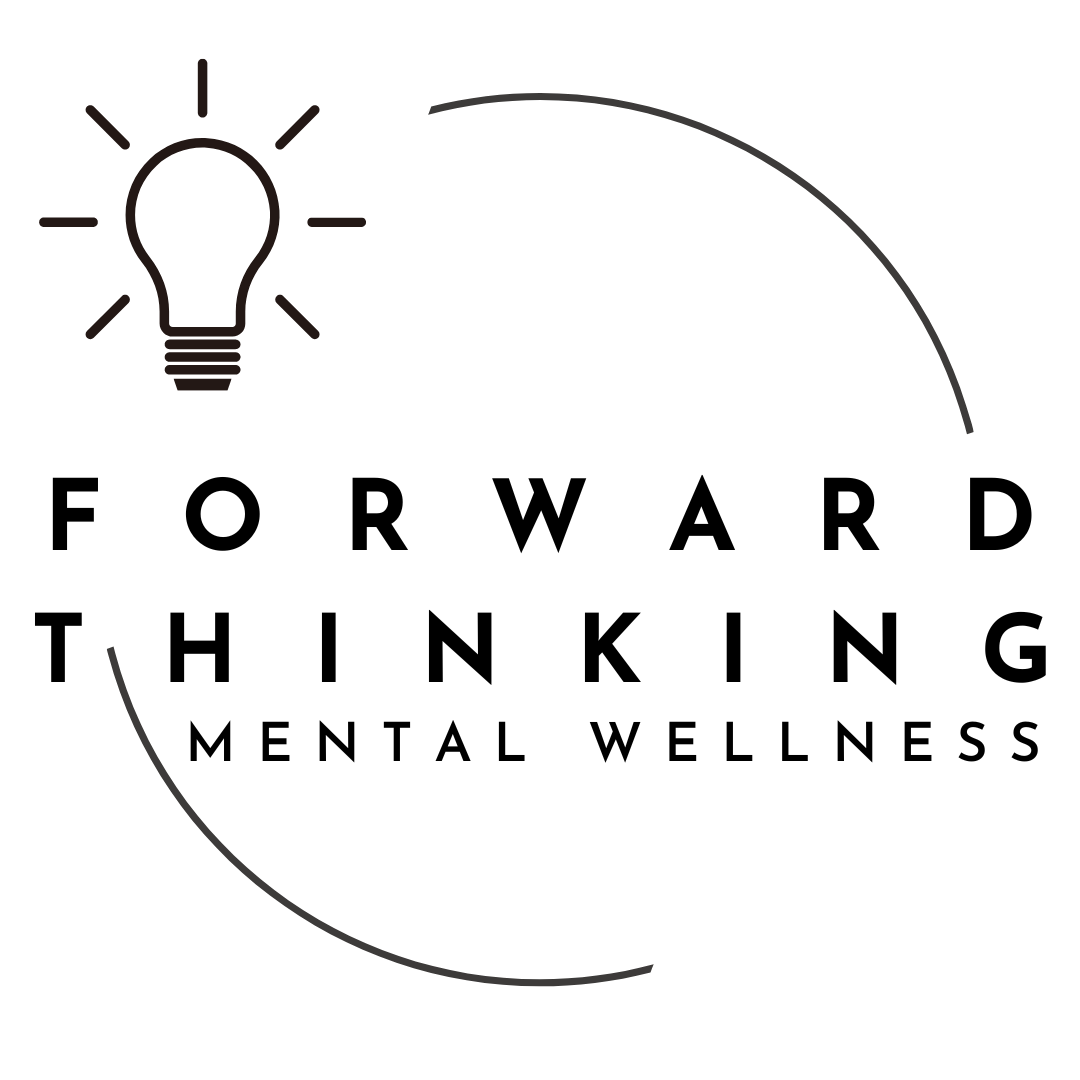Measurement Based Care
You may have been asked some questions about your mental health at a recent visit to your primary care doctor. The doctor or nurse might have asked you to rate how often you’ve been bothered by things like “little pleasure or interest in doing things”, problems with sleep, appetite, feeling hopeless, and more from a scale of “not at all” to “most days”. This is the PHQ-9 or “Patient Health Questionnaire” (the 9 means that it’s 9 questions long), and it’s one of the most widely used scales to screen for depression. It has recently been used more frequently in various healthcare settings to bring more attention to mental wellbeing. The PHQ-9 is an example of Measurement Based Care (MBC) in mental health.
While most mental health talk therapy is very subjective, best-practice looks for ways to add a little objectivity and standardization to the mix. This is a good thing because it allows us to see trends, progress, and other useful information. Measurement Based Care is one method of doing just that.
Other benefits of MBC include increased ability to tailor and pivot treatment approaches, increased treatment success and favorable outcomes, reduced recidivism, increased therapeutic alliance between client and clinician, increased likelihood of clients sticking to treatment, and reduced frequency of missing important topics that should be discussed in treatment but might have otherwise been missed. MBC also helps people develop a better understanding of their own symptoms and how aspects of their lives may be impacted by their mental illness that they didn’t even realize were connected.
There are many measures that can be utilized, some more common than others. The PHQ-9, as stated above, is extremely common, along with the GAD-7 (Generalized Anxiety Disorder 7 questions) or the Columbia Suicide Severity Rating Scale. Others are less common, like the Adult ADHD Test or the Obsessive-Compulsive Inventory, but still useful tools for clinicians and clients to utilize together. It is important to note that these tools are meant for trained professionals to interpret and not meant to be taken in place of professional advice. Other than the potential risk of unqualified individuals misinterpreting the information, there are very few other downsides to MBC. The last one worth mentioning is the time it takes to complete these measures, and this may be done in or outside of therapy sessions depending on clinician and client preference to reduce this negative impact.
Many therapy agencies, including Forward Thinking Mental Wellness, are increasing the use of MBC in regular practice. If you are an existing client, you will receive regular reminders for your screeners through the Client Portal. If you’re not already a FTM Wellness client, please reach out today and see if Forward Thinking is the right fit to help you reach your goals and take steps towards living your best life. We are currently accepting new clients and have convenient tools to help you check your insurance coverage for out-of-network benefits. Head over to the Appointments or Contacts pages to get started.


